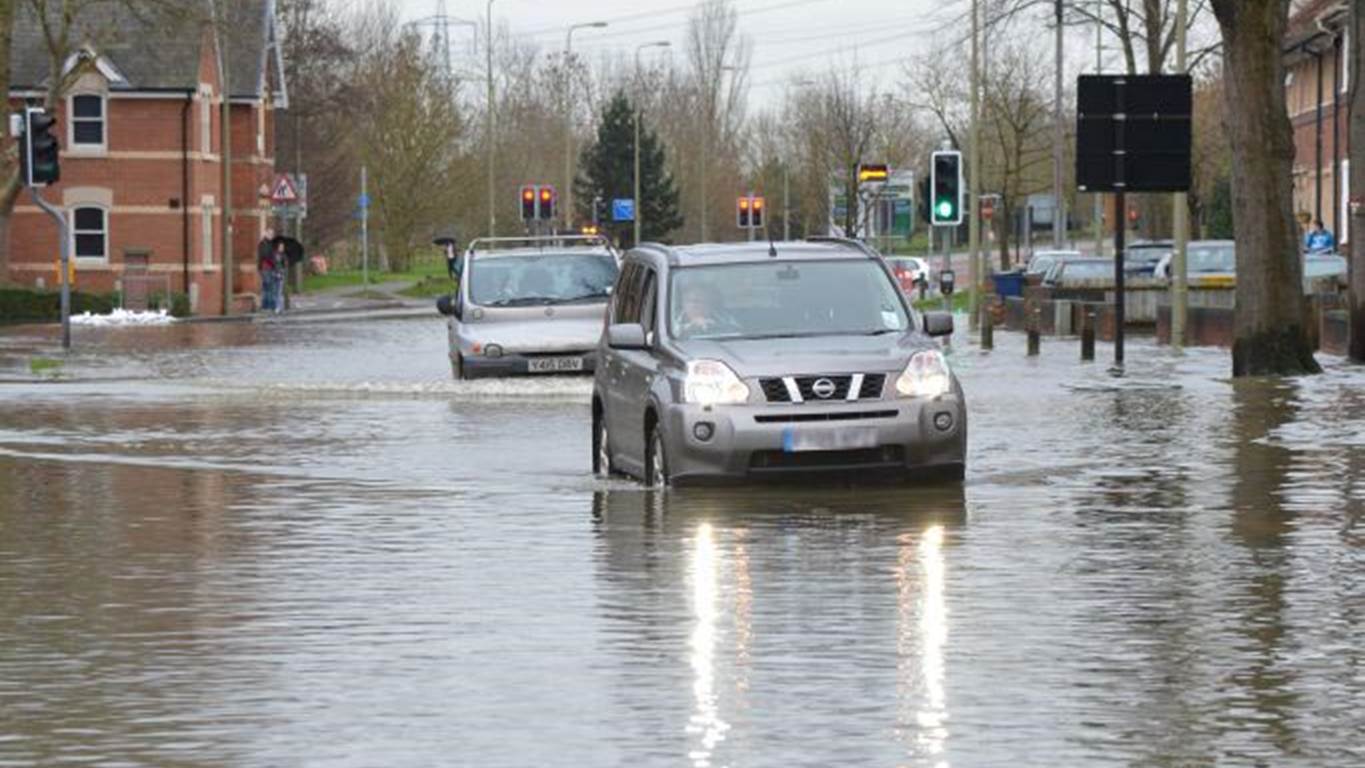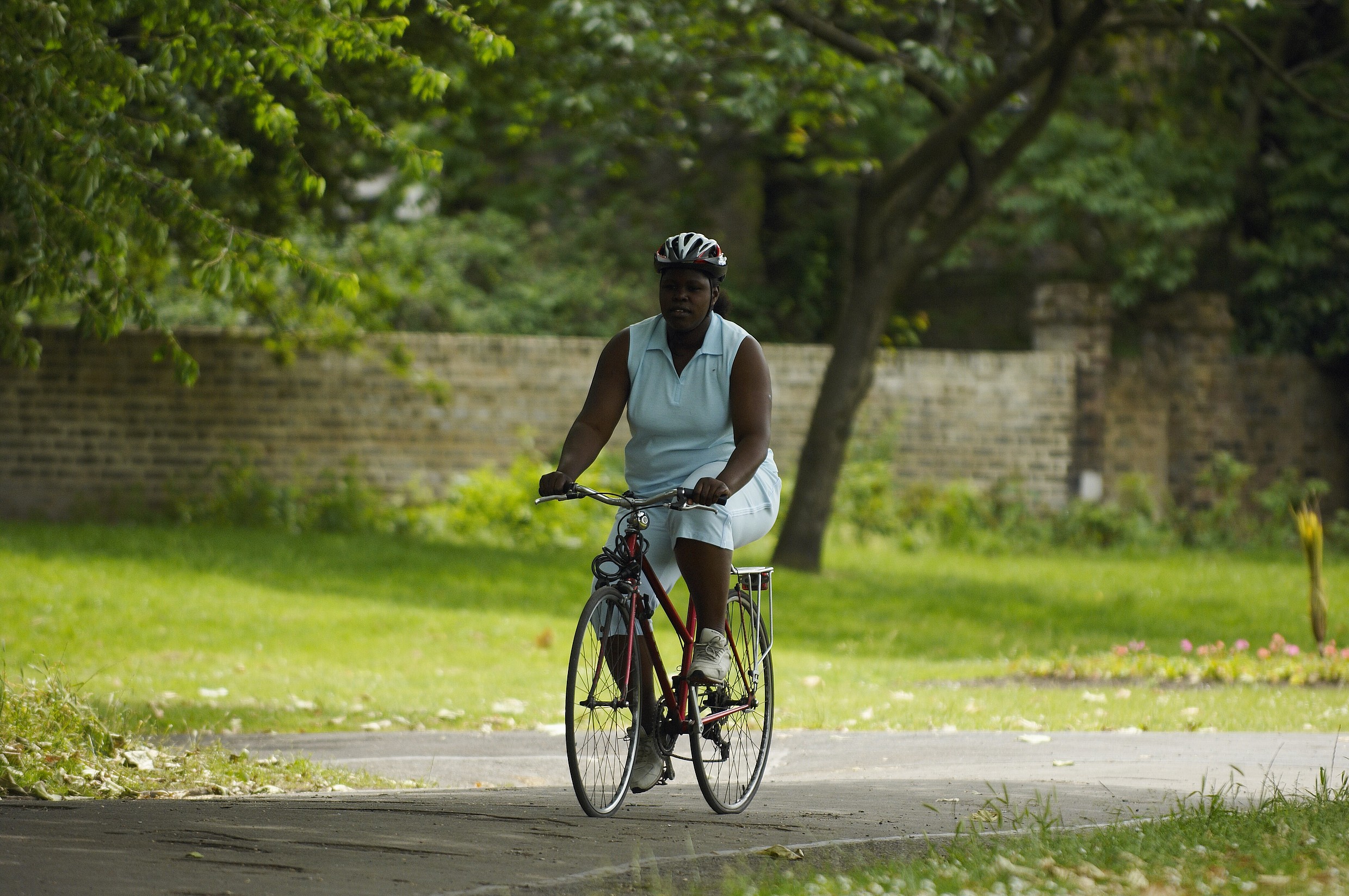
My last blog on climate change and health followed the Intergovernmental Panel on Climate Change's (IPCC) fifth assessment report in 2013. They confirmed the scientific evidence that the climate is changing and that this is happening more rapidly than previously thought.
I raised the likely health impacts - frequent, more severe heatwaves, other extreme weather events, impacts on global food production, changing patterns of infectious diseases amongst others.
I also mentioned that converting our scientific knowledge into effective action is difficult but incredibly important if we are to make a difference.
Of course, we at Public Health England and predecessor organisations have been highlighting the risks climate change poses for at least the past ten years - we’ve produced two influential reports detailing precisely what the health risks to the UK are, we’ve contributed to national plans and strategies and our joint PHE/NHS Sustainable Development Unit is helping to ensure that sustainability and action to reduce our impact on the environment is carefully factored into everything we do.
We do appear to be making some progress. Despite a significant increase in activity the NHS and social care system is likely to deliver the target of a 10% reduction in carbon footprint by 2015 (from a 2007 baseline).
This is welcomed, but is only a small start in the challenge to achieve much greater reductions in future – 34% by 2020; 50% by 2030 and 80% by 2050 identified in the sustainable development strategy.
Such reductions need much more than improving the efficiency of what we currently do – they need a transformational change in how we care for people.
It’s a good time to raise health and climate change again and in recent months the argument has gained ground that the necessary actions to reduce the risk of climate change will also improve the health and wellbeing of the public.
Most notably the recent Lancet Commission on Climate Change and Health set the scene for what needs to be done to protect against the impacts of climate change. It also portrays the challenge as a major public health opportunity to transform behaviours and lifestyle for both our benefit and that of the environment.
A specific example is cutting car use and increasing the number of people walking and cycling instead. This simultaneously reduces air pollution and gets people more active.

This growing interest in the health behaviour aspects of climate change makes this a perfect time to start a series of blogs about our health in a changing climate. We intend that these will be a regular discussion of the issues related to climate change, sustainability and what we can all contribute to the combined efforts to do our bit.
Critically, they must cover all aspects of our work. From the efforts being made by our scientists to model temperature change and likely impacts on the public’s health, how eating more healthily can benefit the environment and our waistlines, through to what we’re doing to minimise our waste and how we intend to cut our carbon footprint.
I want these blogs to highlight how seriously we are taking climate change right across Public Health England. I want them to show what we’re doing to prepare for the risks and to use the necessary changes in lifestyles and our approach to the environment to improve our nation’s health.
This way of thinking must become business as usual for us, and we are at least heading in that direction.
When it comes to tackling climate change I’m reminded of a cartoon I once saw in which a sceptic mutters words to the effect of ‘what if climate change is a big hoax and we create a better world for nothing?’ I don’t agree with the question, but I like the sound of the potential outcome.
